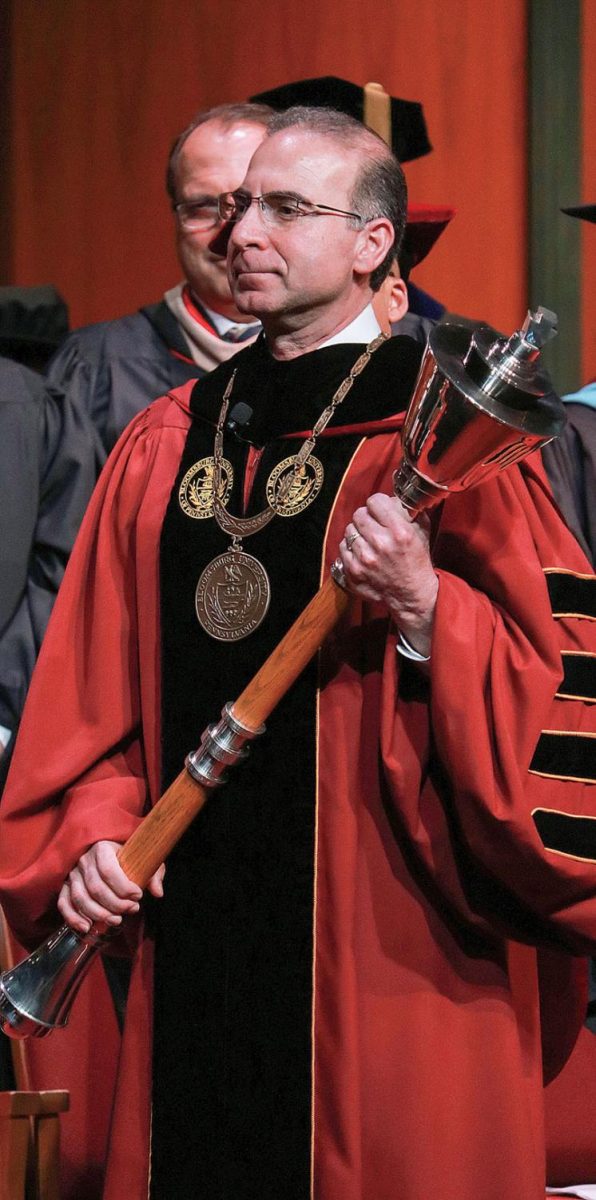Commonwealth University faces deteriorating finances with about $10.42 million dollars of deficits, an almost $3 million jump from September. Administrators are now considering possible cuts to student aid and other various funding.
Before the start of the two PASSHE integrations in 2022, there were concerns and discussions about how the campuses would be affected. Concerns and speculative scenarios were exchanged about whether or not the campuses would gain from the merger. The purpose of choosing Bloomsburg campus was to serve as a safety net for all three institutions. Whereas each campus used to handle its own finances, today they function as a single organization to manage funds.
Before the merger, Bloomsburg University was less than $1M in the red. Before the pandemic, it was less than $600,000. According to an analysis titled “Commonwealth University High Risk Update” dated December 18, 2023, auxiliary funds account for 96% of the entire debt service, with only 4% coming from money used for general education purposes (E&G).
Auxiliary funds are used for non-academic services like housing, dining, and other facilities, whereas the E&G funds are normally used for fundamental educational operations like teaching and research. Essential university operations such as academic salaries and administrative costs are supported by tuition, state appropriations, and contributions. Both support the institution’s financial stability, although they have different functions and are run differently. Eric Ness, the Vice President for Fiscal Affairs and Chief Financial Officer, gave this information.
The Mansfield campus has posed an issue with its total dining and housing debt of $8.97 million due to the installation of brand-new dormitories prior to the integration that began Jul. 1, 2022, says Ness with a confirmation that CU is in the red financially.
Mansfield continues to struggle filling in these housing areas with the lack of enrollment and students on campus. This debt from housing payments has the potential to become an anchor around the necks of the merged university in years to come. The deficits are for the current year for how much more the university will spend over what they are taking in, while the debts are accumulated amounts over time.
Ness recently moved into this position role of Special Assistant to the President – Facilities and Strategic Capital Planning. Seventeen days after the annual high-risk report, President Bashar Hanna sent on Jan. 4, 2024, via email to the faculty and staff that Tim Shuey, the previous holder of this position, has resigned.
The email states, “He has relinquished all duties associated with the role of the position, effective immediately.” This kind of role is usually filled over time and after a series of preparation for the next placeholder.
Now, Ness bears the weight suddenly of juggling this prolonged financial crisis.
















